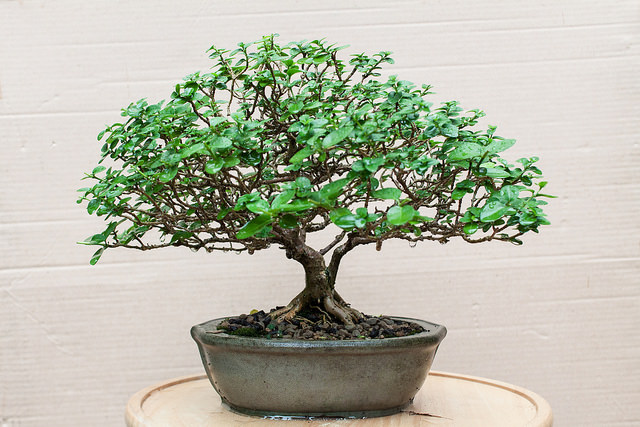Share the post "Look After Your Houseplants And They Will Look After You"
As well as looking beautiful and creating a relaxing ambience in your home, it now seems that there are health benefits to be derived from keeping houseplants! Let’s take a look at some of the surprising ways in which houseplants can protect you and your family’s health. We also give some handy tips on how to keep your houseplants alive and well.
The health claims
- Various scientific studies, including one by the space agency NASA, have found significant health benefits in having plants inside the house. Perhaps the most obvious benefit of having plants is simply the cleaner air. During the daytime plants do the opposite of us; they breathe in carbon dioxide and breathe out oxygen. This increases our brain’s ability to function, including improvements to our attention span and creativity.
- Plants also release water into the air. They ensure that the humidity is not too low, but also not too high. The right level of humidity is known to be beneficial to our health and for this reason having house plants has been found to reduce problems such as dry skin, flu, and colds.
- Another benefit of having plants about the house is that they are very effective at absorbing dangerous chemicals known as VOCs – volatile organic compounds. These can be released by things such as paint, cigarette smoke, cleaning products and fragrances and have been linked to respiratory problems and even some types of cancer. However, these chemicals are found at much lower levels in houses that have significant amounts of houseplants.
- The benefits are also psychological with studies often finding that plants simply make people feel happier and more relaxed.
Which plants are the most useful?
Pretty well any plant is likely to help improve the air quality in your home. The following plants have been shown to help with air quality and might be good plants to add to your :
- Peace Lily
- Spider Plants
- Areca Palm
- Bamboo Palm
- Baby Rubber Plant
- Boston Fern
- Aloe Vera
- English Ivy and Weeping Fig (both toxic so best avoided if you have cats, dogs or small infants)
- Lilyturf
- Dwarf Date Palm
How to care for your plants
It is important to remember that plants need both light and water. They should be placed in a position that receives a lot of sunlight such as on a windowsill. Generally, it is best to give plants water that is at room temperature. If using tap water it is best to let the tap water sit overnight so that fluoride and other minerals will settle. Best of all, collect rain water to water your plants with.
Plants with furry leaves should generally be watered from below to avoid damage to the leaves, but most plants can be watered from above. Most plants will also benefit from being sprayed with water once in a while. You should regularly wipe large leaves with a damp cloth. Keeping the surface of the leaves dust-free helps the plant to absorb toxins. Keep the plants well composted with organic fertiliser.
With just a little bit of love you can keep your plants alive and healthy- and they will do the same for you!
Share the post "Look After Your Houseplants And They Will Look After You"









 EN
EN  RU
RU